Summaries of books about Sociology:

Dopesick
Dealers, Doctors, and the Drug Company that Addicted America
Beth Macy
The book investigates the opioid crisis in the United States, focusing on the individuals affected by addiction and the roles played by pharmaceutical companies, particularly Purdue Pharma, in perpetuating the epidemic. It provides a detailed account of the aggressive marketing of OxyContin, the resulting widespread addiction, and the devastating impact on communities across the country.
See full summary
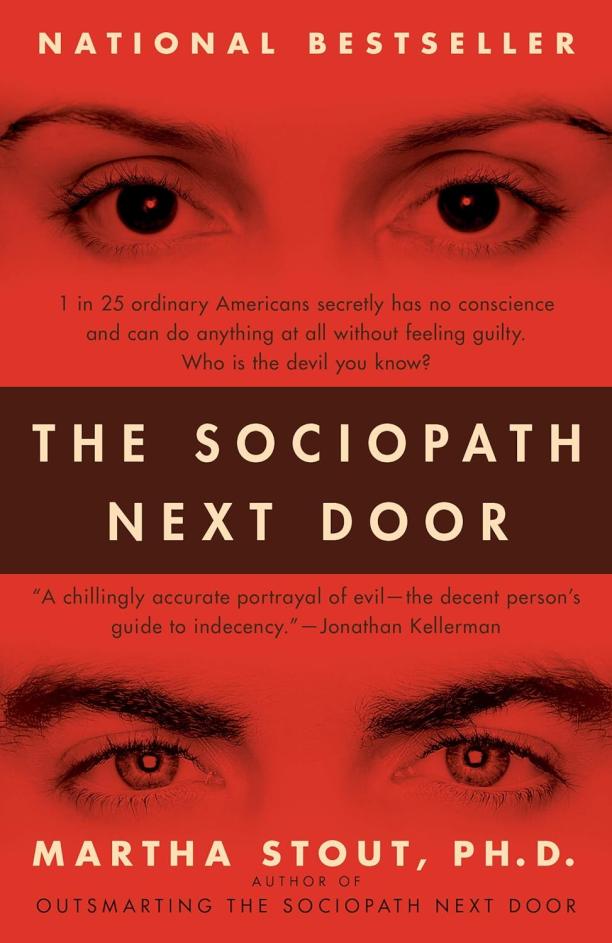
The Sociopath Next Door
Martha Stout.
The book explores the prevalence of sociopaths in everyday life, estimating that one in every twenty-five individuals lacks a conscience and can do harm without feeling guilt. It provides insight into recognizing sociopathic behavior and strategies for protecting oneself from these emotionally manipulative individuals.
See full summary

Thank You for Being Late
An Optimist's Guide to Thriving in the Age of Accelerations
Thomas L. Friedman
The book explores how the rapid pace of technological, environmental, and societal change is reshaping the world, and offers insights on how individuals and societies can adapt and thrive amidst these accelerating forces. It emphasizes the importance of pausing to reflect and appreciate this transformation, while also discussing strategies for leveraging innovation and interconnectivity to address global challenges.
See full summary
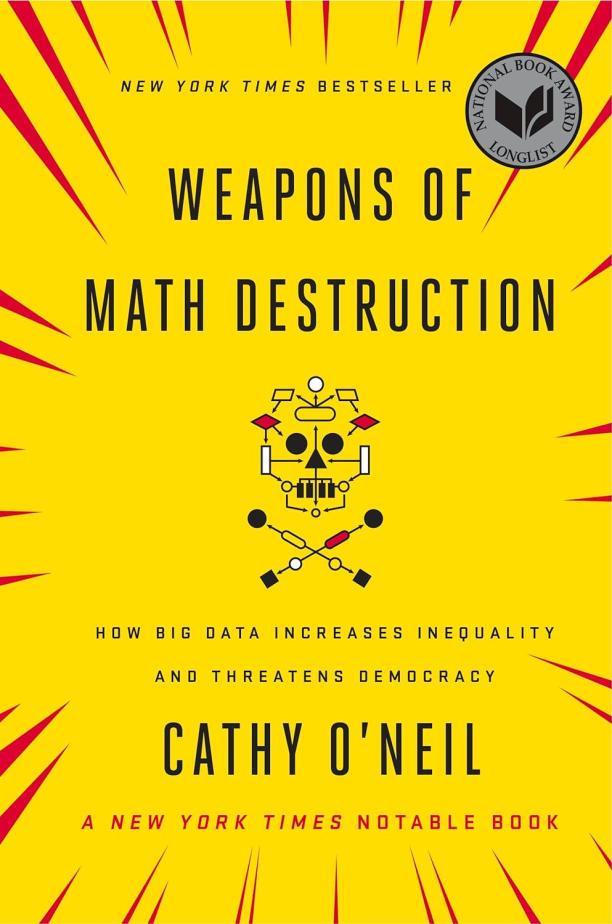
Weapons of Math Destruction
How Big Data Increases Inequality and Threatens Democracy
Cathy O'Neil
The book explores the dark side of big data, examining how algorithms and predictive models can perpetuate inequality and undermine democracy by being opaque, unregulated, and biased. It delves into real-world examples across various sectors, including finance, insurance, education, and policing, to demonstrate how these "weapons of math destruction" can have damaging consequences on individuals and society.
See full summary
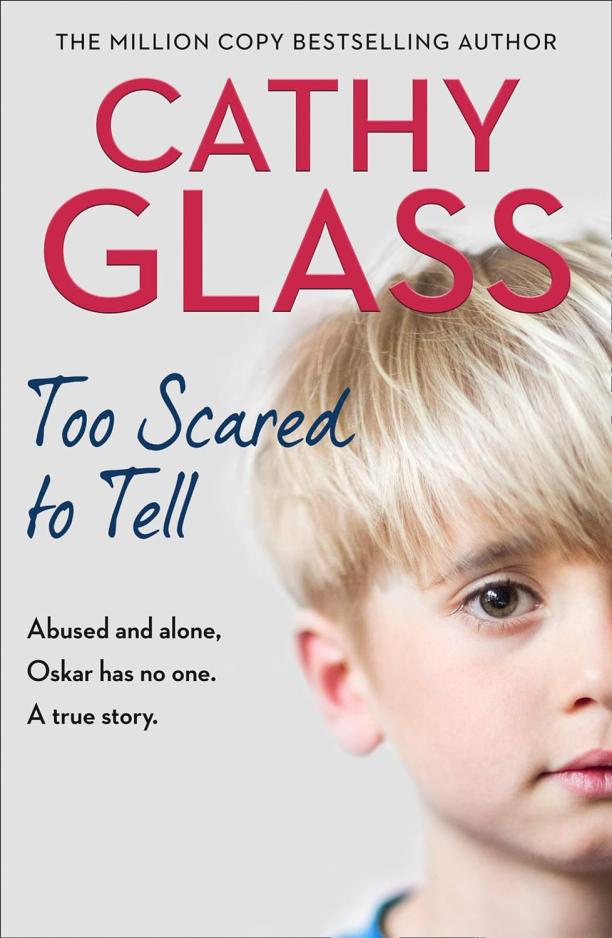
Too Scared to Tell
Abused and alone, Oskar has no one. A true story.
Cathy Glass
The book chronicles the harrowing story of Oskar, a young boy who suffers from severe abuse and neglect at the hands of his caregivers. It details his journey as he is placed into foster care and the struggles he faces in overcoming his traumatic past with the help of his foster carer.
See full summary

The Road To Wigan Pier
George Orwell
The first half of the book provides a detailed account of the bleak living conditions among the working class in the industrial towns of Northern England during the 1930s. The second half is an autobiographical exploration of the author's own socialist beliefs and a critique of the middle-class left-wing intelligentsia.
See full summary

The Little Princess
The shocking true story of a little girl imprisoned in her own home
Casey Watson
The book recounts the harrowing experience of a young girl named Kiera, who was found living in squalor and isolation, having been neglected and abused by her own family. It details her journey to recovery under the care of foster carer Casey Watson, who helps her overcome her traumatic past and start a new life.
See full summary

Nickel and Dimed
On (Not) Getting By in America
Barbara Ehrenreich
The book chronicles the author's undercover investigation into the lives of low-wage workers in America, where she takes on various minimum wage jobs to experience and expose the struggles of poverty, job insecurity, and the inadequacy of social safety nets firsthand. Through her journey, she reveals the harsh realities of trying to survive on meager earnings in a society structured around economic inequality.
See full summary
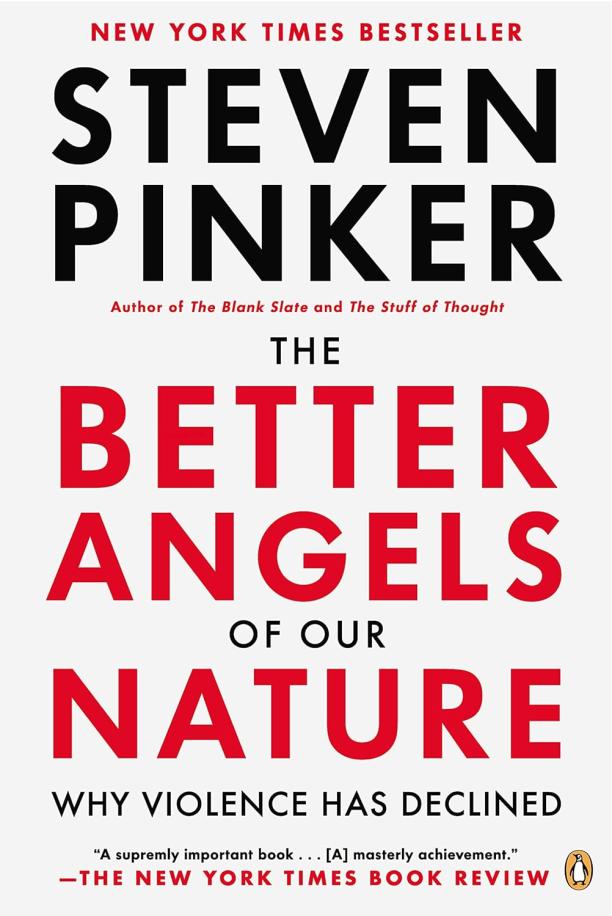
The Better Angels of Our Nature
Why Violence Has Declined
Steven Pinker
The book presents a comprehensive analysis of the historical decline in violence, arguing that despite popular perception, humanity has become significantly less violent over time due to various social, cultural, and political developments. It explores the forces Pinker believes have led to this decline, such as the spread of government, literacy, trade, and the influence of enlightenment thinking.
See full summary
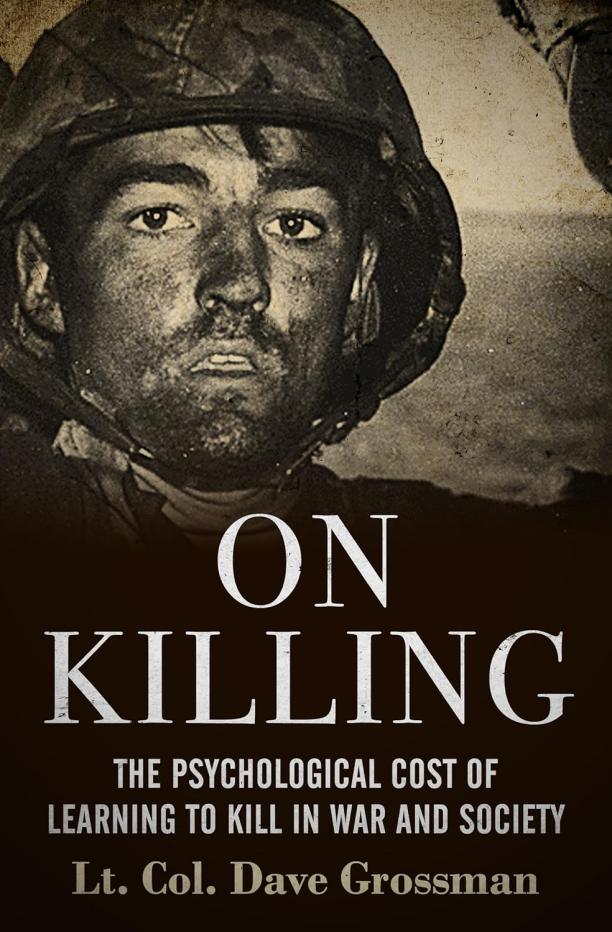
On Killing
The Psychological Cost of Learning to Kill in War and Society
Dave Grossman
The book examines the psychological effects of killing on soldiers in combat, exploring the resistance to lethal violence by most people and the mechanisms that militaries use to overcome this aversion. It also discusses the implications of these psychological processes for law enforcement, the media's impact on society's perception of violence, and the potential consequences for civilian life.
See full summary